In today’s digital age, businesses are constantly looking for ways to stay relevant, connect with their target audiences, and generate more leads. Digital marketing, a vital part of this new business ecosystem. It’s an approach that uses online channels, platforms, and digital technologies to promote and grow a brand. Whether you are a small business owner or a part of a larger enterprise. Digital marketing offers a powerful suite of tools to reach customers more effectively.
Here are our views on what digital marketing entails and how it can benefit your business.
What is Digital Marketing?
Digital marketing refers to any marketing activity that uses the internet or electronic devices to advertise and promote your brand.
Common channels include:
- Search Engines – Platforms like Google and Yahoo allow businesses to market through search engine optimisation (SEO) and paid search advertising (PPC).
- Pay-Per-Click (PPC): This involves bidding on keywords to place ads on search engines or other websites. Businesses only pay when someone clicks on their ad.
- Social Media – Being able to reach your target audience through popular socail channels like Facebook, Instagram, Twitter, LinkedIn, and TikTok.
- Email Marketing – This is a more personalised way to stay front of mind with customers and prospects by sharing updates, offers, or newsletters.
- Content Marketing – Providing valuable and interesting content to your audience through the use of blogs, videos, infographics, and other content.
- Affiliate Marketing – Partnering with influencers or websites to promote your product and direct traffic or sales through recommendations.
- Influencer Marketing: Businesses collaborate with influencers—people with a dedicated following on social media—to promote their products in a way that feels organic and authentic to the influencer’s audience.
Each channel plays a role in building an online presence and engaging potential customers.
How Digital Marketing Can Help Your Business?
- Increases Reach and Visibility
One of the most significant advantages of digital marketing is its ability to reach a large audience. With tools like SEO and social media, businesses can extend their brand presence and attract new customers. - Cost-Effective Marketing
Traditional marketing (like TV or radio ads) can be costly, especially for small businesses. Digital marketing, on the other hand, offers more affordable strategies. This means businesses can allocate their budget more efficiently and see a higher return on investment (ROI). - Enhanced Customer Engagement
With digital marketing, businesses can interact with their customers in real-time. Whether through social media posts, live chats, or comment sections, businesses can engage with their audience. This engagement helps build loyalty and trust. - Data-Driven Decisions
One of the most powerful aspects of digital marketing is the wealth of data it generates. Tools like Google Analytics, social media insights, and email marketing software provide businesses with valuable information about their customers. This can include behavior, preferences, and demographics. This data can inform future marketing strategies and activities. - Measurable Results
Digital marketing offers the advantage of being easily trackable. Whether it’s through clicks, shares, conversions, or impressions, businesses can see real-time results from their efforts. This makes it easier to assess what’s working and make adjustments when necessary. And don’t forget to measure your website performance with Google Analytics. - Level Playing Field
Digital marketing offers small and medium-sized businesses a chance to compete with larger companies. By using SEO, content marketing, and social media effectively, smaller companies can carve out their niche and stand out, regardless of their budget.
In today’s digital age, marketing online is essential for business growth. From cost-effective PPC to engaging social media and content marketing, digital strategies help you connect with your audience, boost traffic, and drive sales.
With our expertise and tailored strategies, we’ll help you unlock new opportunities and take your business to the next level.
Get in touch with us for a chat today.



